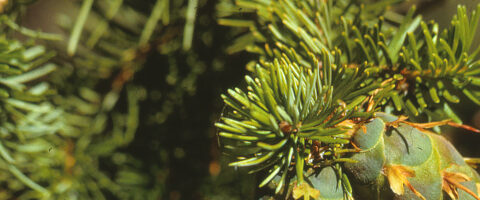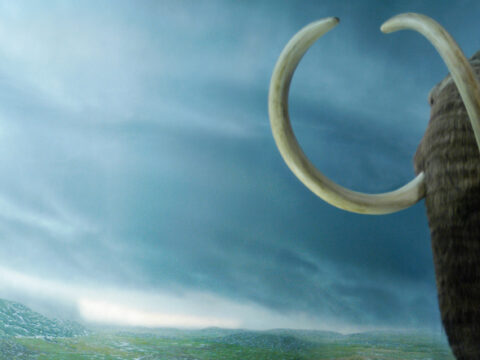Natural History of BC – Past Program
by Digital Field TripsBC is vast, and the diversity of plants and animals that live in this part of the world is equally vast. This 30-minute tour of the natural history gallery at the Royal BC Museum will travel back in time to meet woolly mammoths and leap forward to examine how our landscapes will shift as a result of a changing climate. But mostly we’ll look at the weird and wild things living within our oceans, forests and even backyards.
Digital Field Trips are inquiry based and staff led. We can adapt Digital Field Trips for different grade ranges, home learners, or for adult, senior, community-group or post-secondary audiences.
Visit our website for more information.
These Playlists include additional resources that accompany these Digital Field Trips. They are continuously being updated, so please check before and after your program for new resources.





Behind the Scenes at the Royal BC Museum – Natural History
Watch
